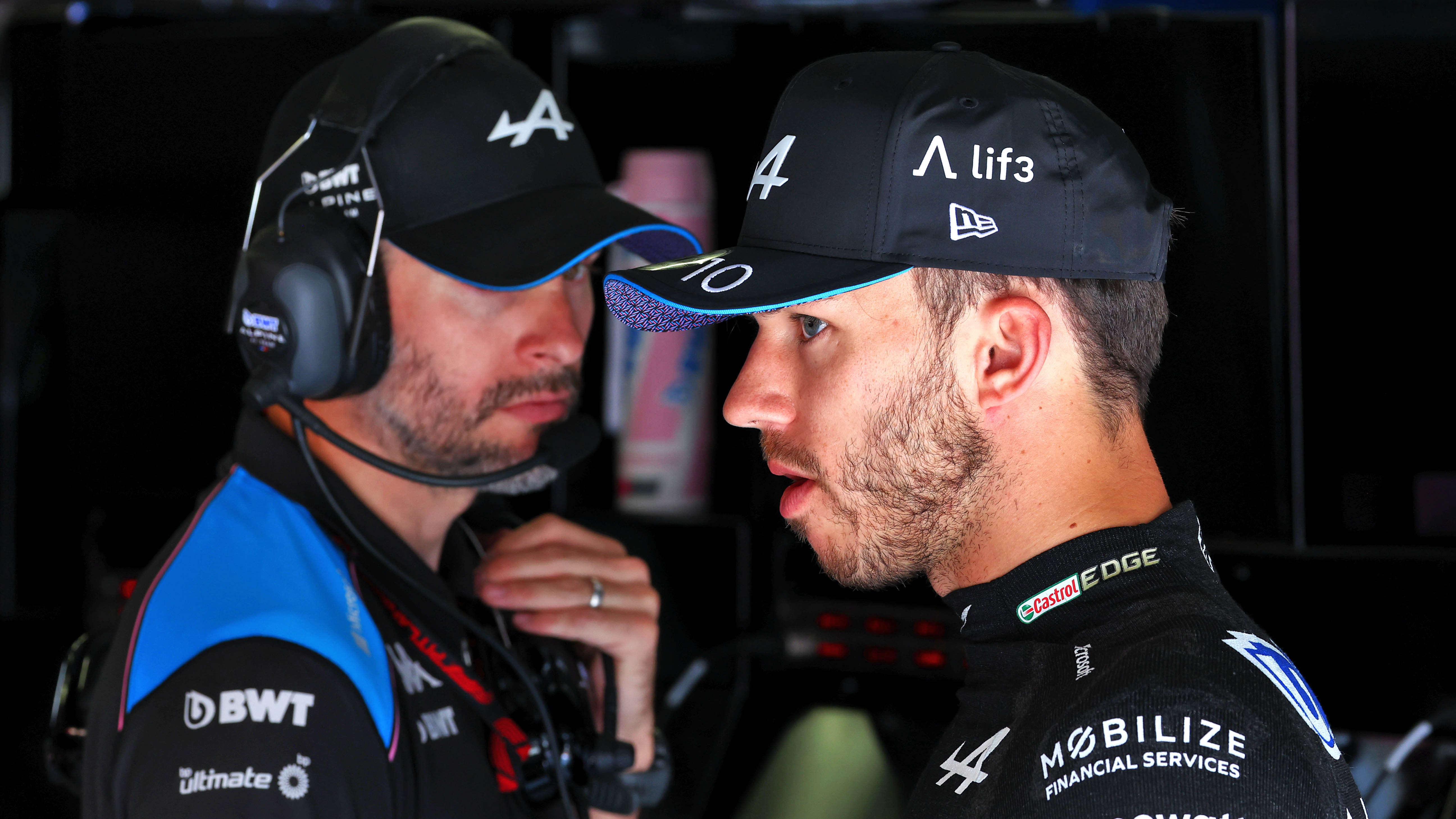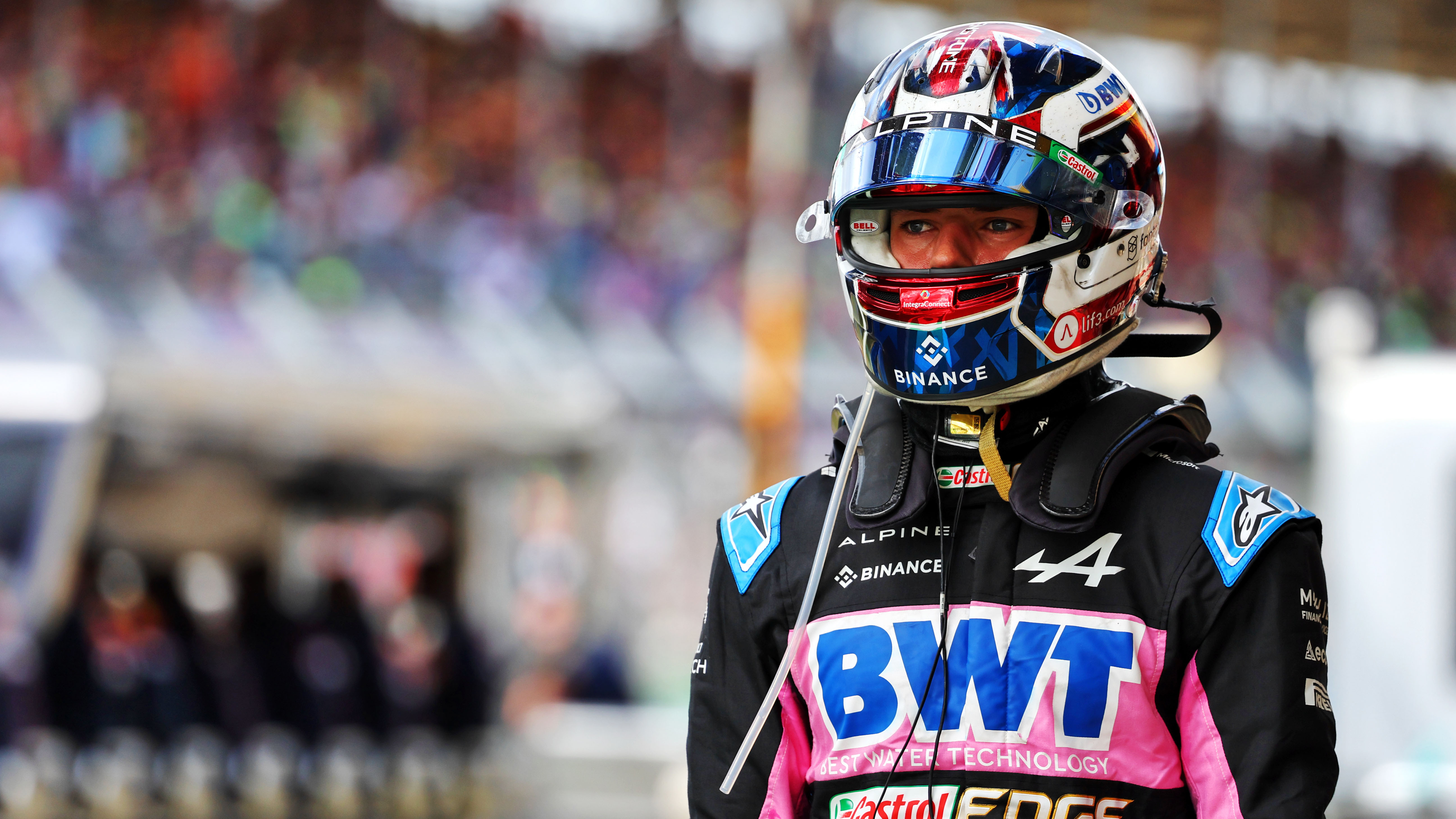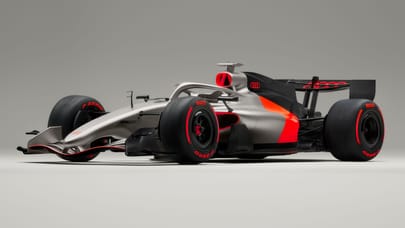
Pierre Gasly on... the 2026 F1 regs and stopping single-team domination
Alpine driver tells TG that the new regulations could make F1 cars slower
There’s been a whole lot of talk recently about F1’s new 2026 regulations. Yep, we may only be a year and a half into the current rules and regs, but plans are already afoot for more changes.
Of course, we already know that the new regulations have attracted both Audi and Ford to join (in slightly different circumstances) in 2026, and we know that the engines will still be turbocharged V6 hybrids. We also know that they will run on synthetic sustainable fuels and that the electrical assist will be three times greater than it is currently.
Not everyone is looking forward to the changes though – both Red Bull boss Christian Horner and the only man in the 2023 title fight Max Verstappen have voiced concerns about the new powertrains, with the Dutchman even saying that drivers might have to downshift on longer straights. So, when TG caught up with Pierre Gasly recently, it was only right that we ask him about Red Bull’s dominance and his opinions on those controversial (but as yet unfinished) regulations…
TG: Would you hope for something in the future that could stop a single team dominating in F1?
PG: I think the only one that wouldn’t stop a single team dominating is the team that’s currently dominating.
Anyone else would obviously want something to change. Compared to any other sport, what you find in Formula 1 is that from the start of the race you don't start with equal chances. If you compare that to tennis or football or basketball, the chances for each team are fairer at the start of any competition. That's one thing I think each individual in F1 would like to reduce – these differences between all of us – and we would like to have a bigger input as a driver on the final result.
I do think that is something F1 is trying to achieve, but obviously it’s not an easy task because all of the teams are full of very smart people who always find ways to extract more performance.
TG: If you had to come up with the rules, is there anything you’d suggest to bring teams closer together?
PG: I don't think I have the solution myself, but it’s clearly something that needs to be thought through especially ahead of the new regulations in 2026. I don't expect a massive change until 2025, but then clearly for the new regulations that's something that needs to be targeted in terms of engine development and equality between all the teams, because it makes racing more fun.
If you have 15 cars all racing for the podium, it's definitely more fun than if you get only two cars for the win and then four cars for the podium and then a big gap behind. So, I think that's definitely something that needs to be to be achieved.
TG: And what are your early thoughts on those 2026 regulations?
PG: I think it's a work in progress in trying to find compromises and find the right development and evolution of technology, and also what makes sense in our sport being the pinnacle of motorsport and of automotive technology.
We still want to be racing the fastest cars in the world and still want to achieve outstanding performance from the combustion engine side. I think at the moment there are different options that are being looked at, and it's important that we really take the time on making the right choices, because this is something we're going to carry over for some years. And when you see how fast all the technology is developing in different series’, it's just extremely important that we pick the right way of moving forward with the current engines that we have.
Top Gear
Newsletter
Thank you for subscribing to our newsletter. Look out for your regular round-up of news, reviews and offers in your inbox.
Get all the latest news, reviews and exclusives, direct to your inbox.
TG: So, are the 2026 cars currently looking faster than what we have now?
PG: Hmmm, no.
It depends. At the moment, nothing has been fully agreed, but there are clearly different options which obviously impact the performance.
Trending this week
- Car Review
BMW iX3










